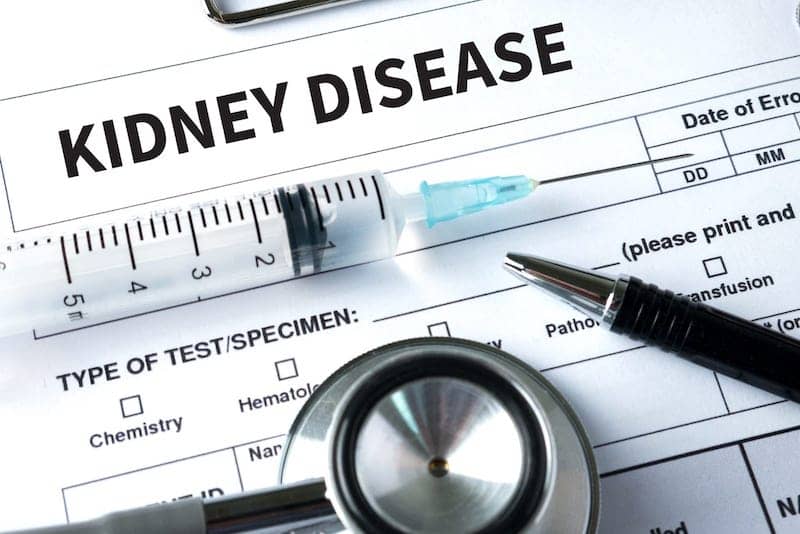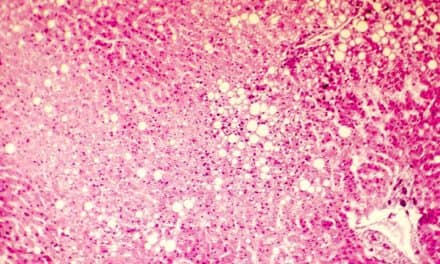A new study recently published in the journal Diabetes Care continues to validate the role that specific biomarkers—advanced glycation endproducts (AGEs)—in predicting if a person with diabetes will develop kidney disease. This personalized assessment of AGE biomarkers builds on the developing field of precision medicine in diabetes.
The study looked at more than 1,500 patients with type 2 diabetes in both the Action to Control Cardiovascular Risk in Diabetes (ACCORD) and Veterans Affairs Diabetes Trial (VADT) trials and determined the presence of a higher AGE biomarkers score was associated with greater eGFR decline, independent of HbA1c. Journey Biosciences Founder and Chief Scientific Officer Paul Beisswenger is a lead author of the study.
The study used two large cohorts of patients with type 2 diabetes undergoing intensive glucose-lowering therapies over a significant period of time to determine if AGE biomarkers were predictive of diabetic kidney disease. The investigators found that the primary endpoint of a 30% reduction in kidney function (eGFR) was significantly associated with a higher AGE score. This result was independent of the patient’s study arm, sex, ethnicity, age, or baseline HbA1c. The study found that the duration of diabetes was the only factor dependent on the endpoint.
“We continue to build clinical evidence in this large, ethnically diverse study that supports the predictive nature of our NaviDKD technology, and we are excited to be able to apply these findings in both the type 1 and type 2 populations. The ability to predict one’s risk years ahead of the development of any signs or symptoms provides a critical head start to stop kidney disease from progressing,” says Adam Graybill, president and CEO of Journey Biosciences. “This finding supports the utilization of newer tools, such as SGLT-2 inhibitors, to improve clinical outcomes and reduce the exorbitant costs spent on treating diabetes-related complications in the U.S.”





